covid in babies fever
COVID symptoms in kids and babies can include. Symptoms can include fever rash eye irritation swollen hands or feet and belly pain.

Spotting Covid 19 In Babies And Toddlers Unc Health Talk
There are no specific fever ranges for COVID-19.
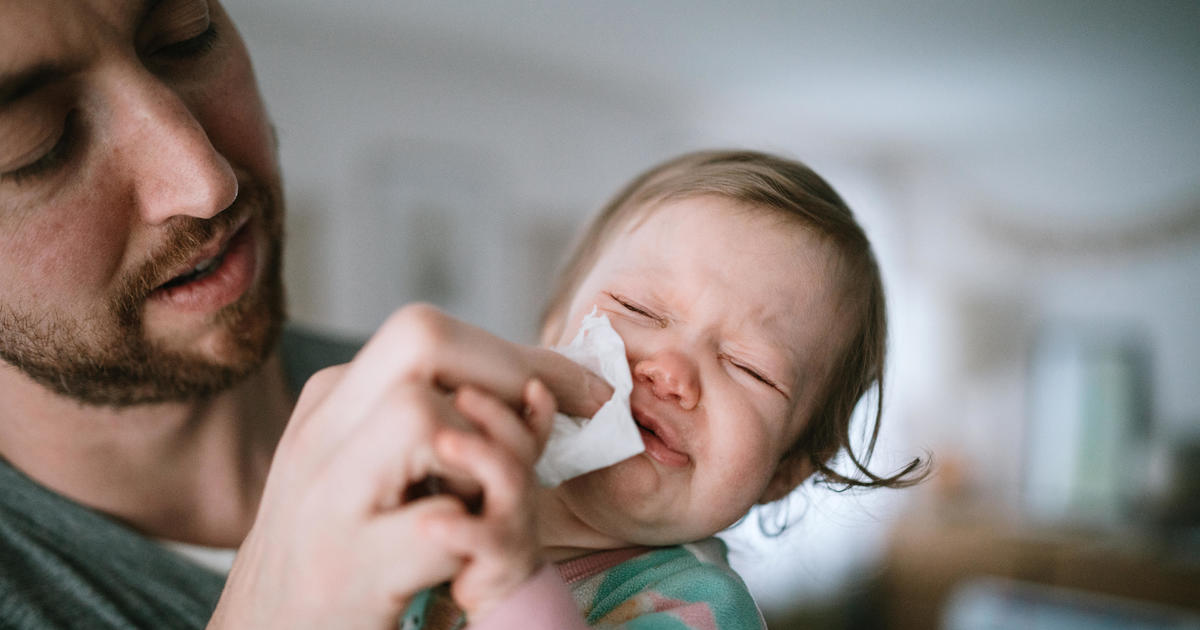
. Is my baby at risk of getting coronavirus. Generally children handle fever well. However if your child has a fever here are some ways to make them more comfortable.
Runny nose Cough Fever or chills Muscle or body aches Sore throat Difficulty breathing Extreme tiredness Loss of taste or smell Vomiting and diarrhea less common No symptoms at all asymptomatic. Fever Cough that becomes productive Chest pain New loss of taste or smell Changes in the skin such as discolored areas on the feet and hands Sore throat. Many experts are now saying that many kids without fever or sore throat may also carry the virus.
And its more common in older children and teens than younger kids. This means your child feels hot to touch on their chest or back you do not need to measure their temperature. A fever is something parents or carers should consider seeking medical advice about.
No one should visit baby if they are having a fever cough runny nose or any other symptoms concerning for COVID. According to the Center for Disease Control and Prevention symptoms of COVID-19 can include. A fever is a high temperature.
You can schedule COVID-19 testing through CHOP here. OMICRON has triggered a rise in babies being admitted to hospital with Covid but most only get a fever and a runny nose. In babies under 12 months fever might be a sign of a more significant illness and you do need to seek medical advice.
Although infant infections are increasing Meyers says that the effects of COVID-19 on infants are still typically mild. Fever is one of the symptoms of COVID-19. Your child may have symptoms of COVID-19.
Dress them in light clothing or even undress them to their nappy or singlet and. Generally 1004F is used to say whether or not someone has fever. As with other age groups most babies and toddlers with COVID-19 will have mild symptoms similar to those of a severe cold or the flu.
COVID-19 symptoms for children and adults include. If a child presents to my office with persistent fever and systemic hyperinflammation but no known exposure to COVID-19 how likely are they to have multisystem inflammatory syndrome in children MIS-C. Your child will need to have a PCR test if they have at least one of these three symptoms.
A high temperature is 38C or more. Children and young people aged 18 and under can get coronavirus COVID-19 but its usually a mild illness and most get better in a few days. Fever is one of the ways your body tries to.
Encouraging visitors to wash hands can reduce the spread of infections and some families may opt to have visitors wear a. Know possible signs and symptoms of COVID-19 infection in babies Babies under 1 year old might be more likely to have severe illness from COVID-19 than older children but most babies who test positive for COVID-19 have mild or no symptoms. Fever Runny nose Cough Sore throat Fatigue Headache Irritability Loss of appetite Breathing difficulties Vomiting diarrhoea Poor oral intake and dehydration When to see a doctor.
Cough Fever or chills Shortness of breath or difficulty breathing Muscle or body aches Sore throat New loss of taste or smell Diarrhea Headache. A normal temperature in babies and children is about 364C but this can vary slightly from child to child. What is the fever range for COVID-19.
A new continuous cough. Reported symptoms in newborns with COVID-19 include fever being overly tired or inactive runny nose cough vomiting. Symptoms of coronavirus in babies and kids Babies and children can have a range of COVID-19 symptoms including.
Generally COVID-19 symptoms in kids and babies are milder than those in adults and some infected children may not have any signs of being sick at all. Fever Chills Cough Shortness of breath Fatigue New loss of taste or smell Muscle or body aches Headache Sore. Fever fatigue feeling sleepy runny nose cough muscle aches vomiting not feeding much.
The most common symptoms of COVID-19 in children are cough and fever. Data shows 42 per cent of child Covid patients are now younger than one up from 31 per cent in waves of earlier variants. When babies and infants do get Covid symptoms they tend to be a raised temperature and a slight cough.
Always consult your paediatrician if your baby has a fever of 1004 degrees F or more and is less than three months old or has 1022 degrees F or higher and is older than three months. About 2040 of teens who get infected may develop long COVID said Blumberg. Infection rates and the spread of Covid-19 vary widely from area to area in the country.
The symptoms of COVID-19 in babies toddlers and children are the same as in adults. Its a common symptom in adults and children who have the virus. According to the NHS the main symptoms to look out for are fever continuous cough and loss of taste and smell.
Although most fevers are not caused by COVID-19 now that COVID-19 testing is readily available it is easy to check your child for COVID-19. Possible signs and symptoms include. It may manifest in different ways like rashes on toes body ache and even an upset tummy.
These symptoms are like ones present in other respiratory viruses such as the flu. In younger children its less but we dont have good. What are the symptoms of the Omicron variant in children.
A high temperature or shivering chills a high temperature means you feel hot to touch on your chest or back you do not need to measure your temperature. Long COVID which can include memory and sleep problems fatigue and shortness of breath is more common in adults than children. You can also check CHOPs COVID-19 website for useful information.
Some of the most common symptoms. A high temperature. In addition fever by itself is not a reliable symptom of COVID-19.
2 Fever or chills Cough Shortness of breath or difficulty breathing Fatigue Muscle or body aches Headache New loss of taste or smell. A high temperature is the bodys natural response to fighting infections like coughs and colds. COVID-19 symptoms including fever can start anywhere from 2 days to 2 weeks after exposure to the virus.
Symptoms of COVID-19 can include. Children with COVID-19 might have many symptoms only a few symptoms or no symptoms. Even though many diseases cause fever parents will wonder if their child has COVID-19.
Research about MIS-C is ongoing but current information suggests it has to do with a childs immune response to COVID-19. The effect of acute coronavirus disease 2019 COVID-19 on morbidity and mortality in children has been relatively small. Covid-19 symptoms in babies and children are similar to those in adults but are mostly milder.
COVID-19 symptoms in babies toddlers and children. However this number is just a guideline. Some have no symptoms at all.
The CDC states that COVID-19 symptoms can include.
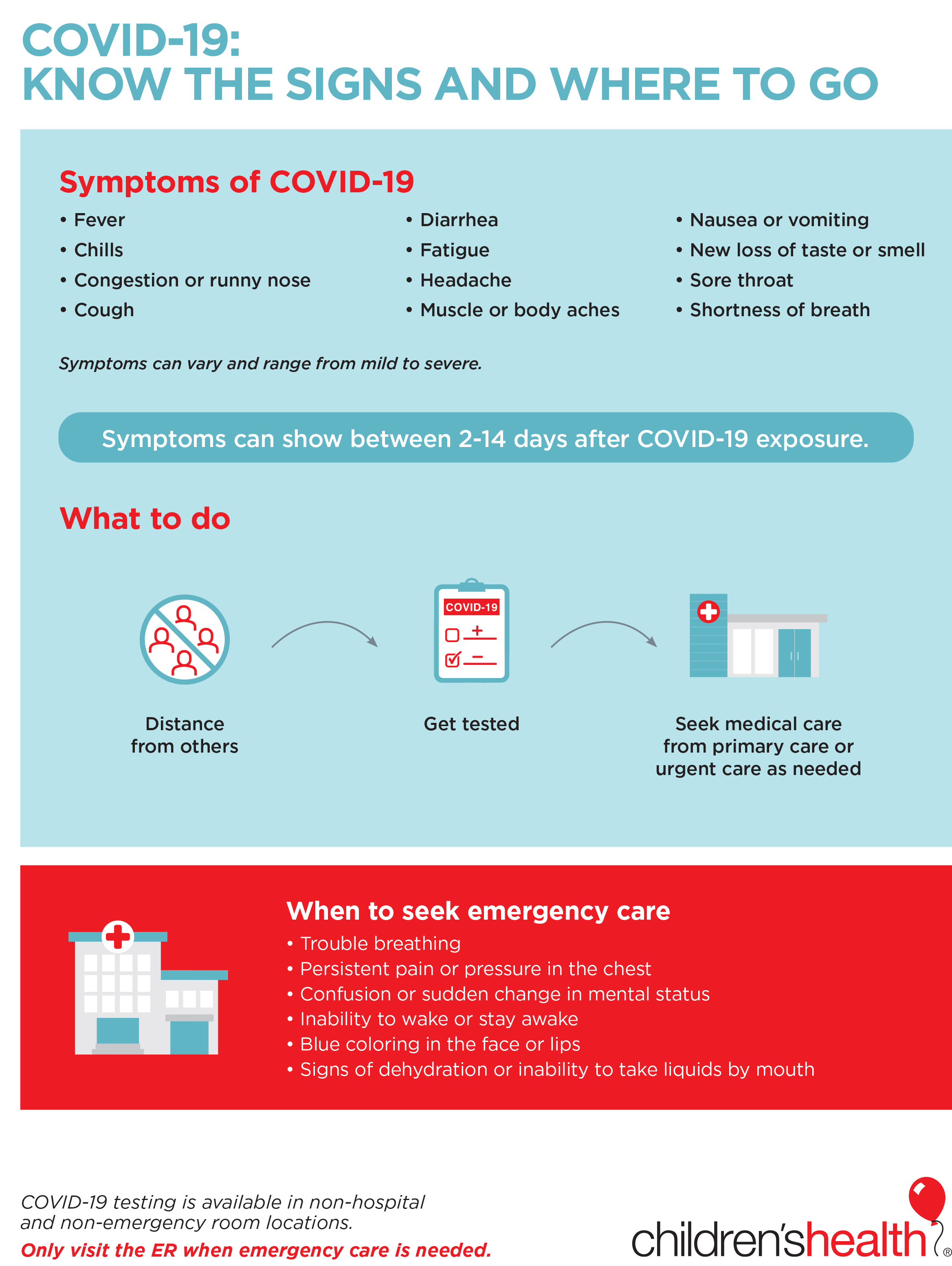
When To Go To The Er For Covid 19 Children S Health
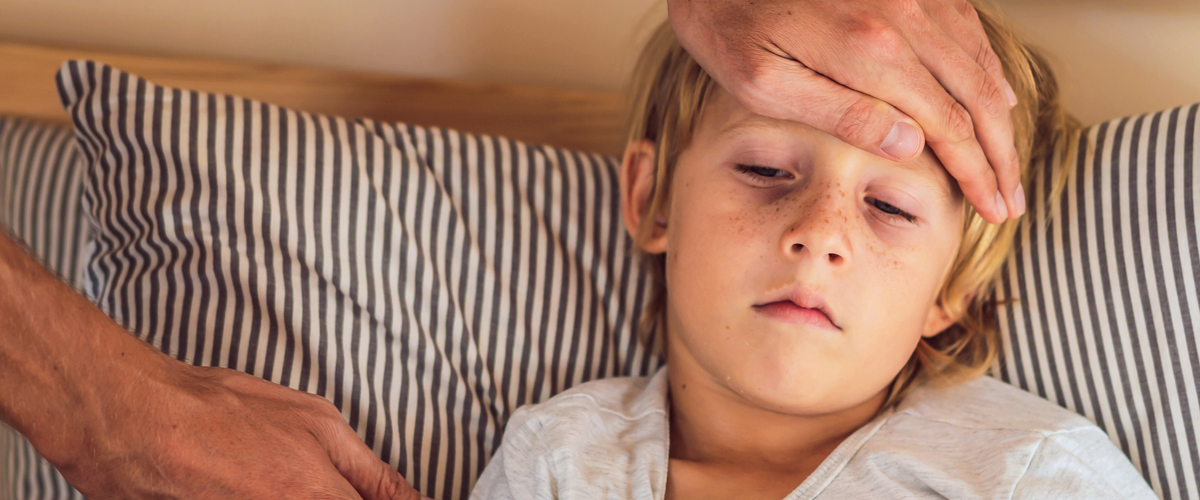
Pediatric Multi System Inflammatory Syndrome And Covid 19
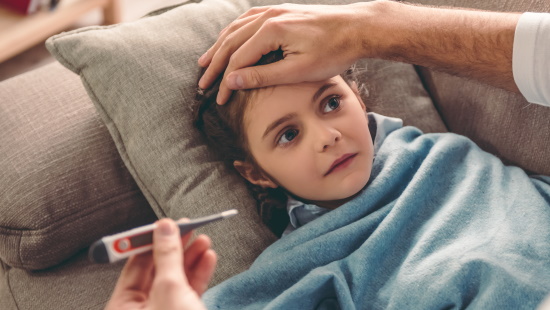
Covid 19 Q A Kids And Covid University Of Maryland Children S Hospital
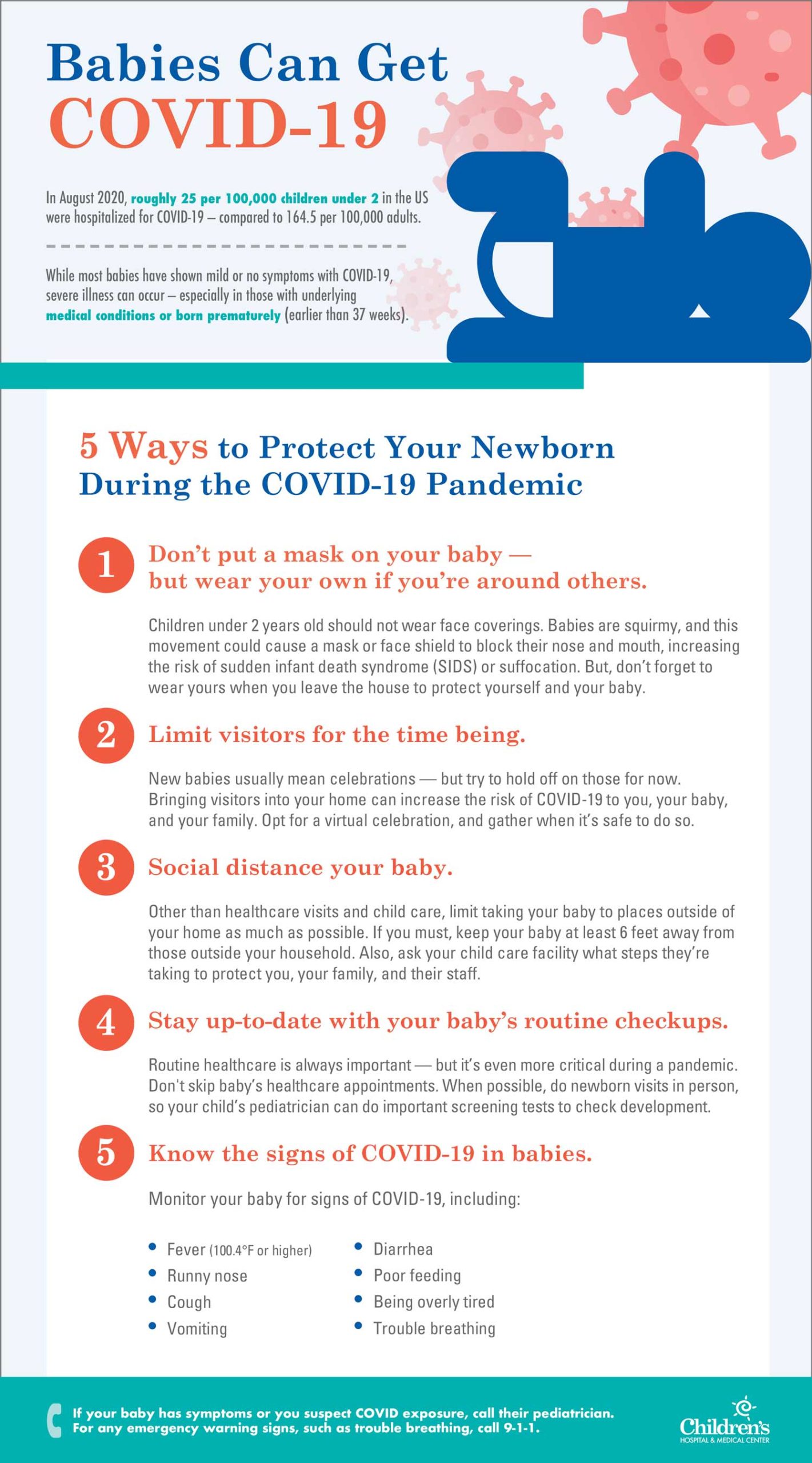
5 Ways To Protect Your Newborn During Covid 19 Children S Hospital Medical Center

Covid 19 In Kids It S Not A Small Problem Jems Ems Emergency Medical Services Training Paramedic Emt News

Coronavirus Disease Covid 19 What Parents Should Know Unicef North Macedonia
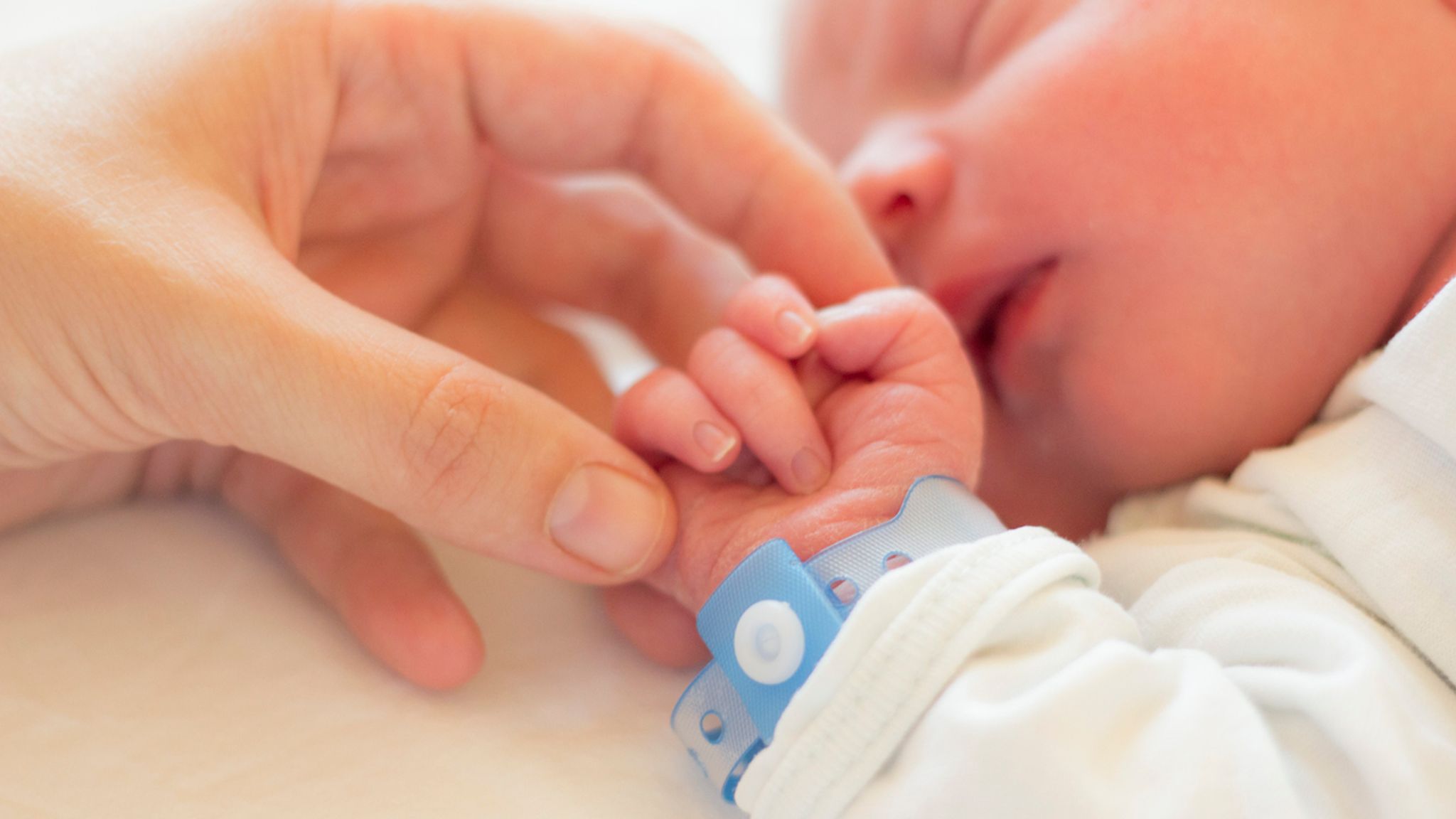
Covid More Babies Going Into Hospital With Omicron Than In Previous Waves But Illness Is Milder New Data Reveals Uk News Sky News
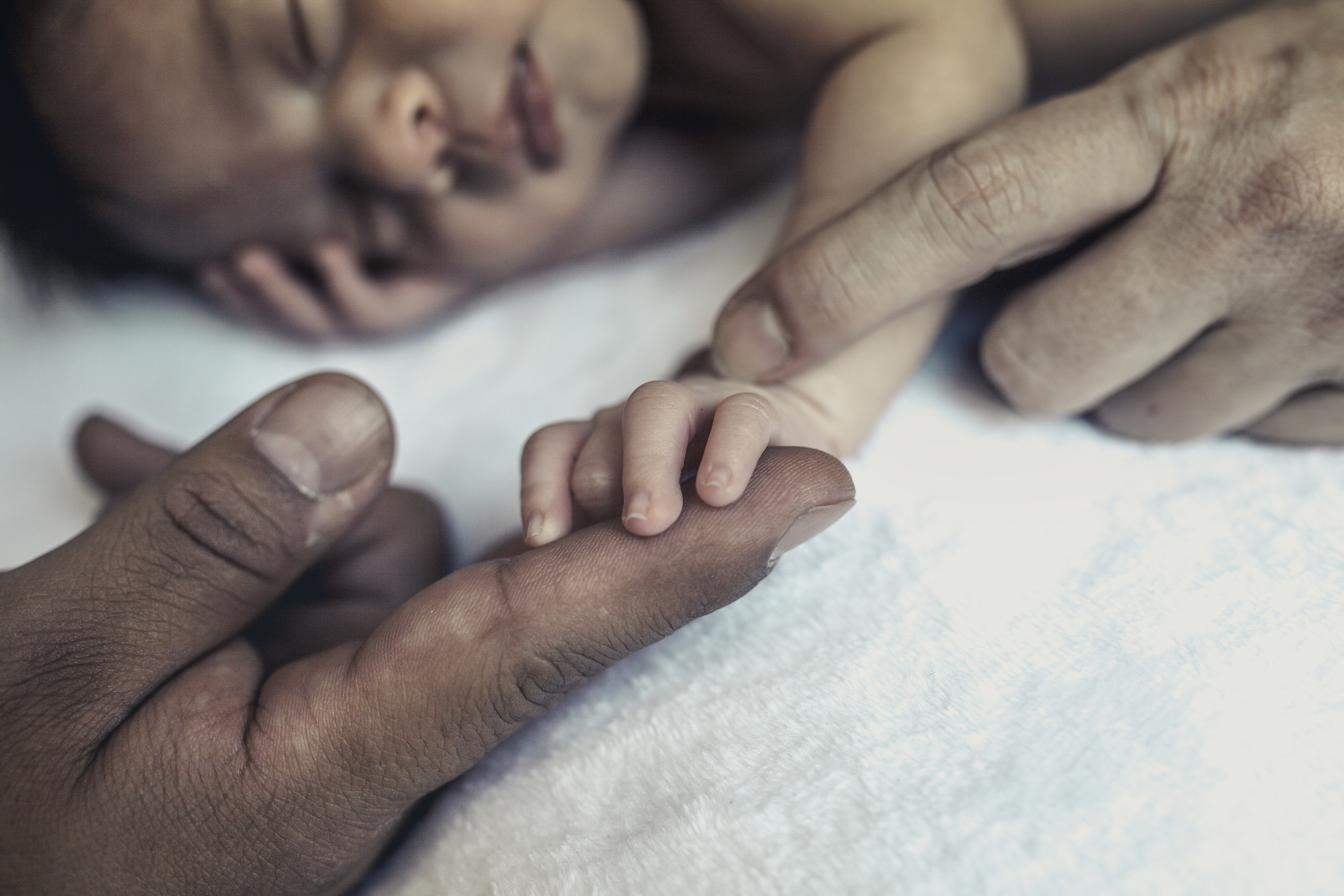
Delta Variant Covid And Babies What You Need To Know Shots Health News Npr
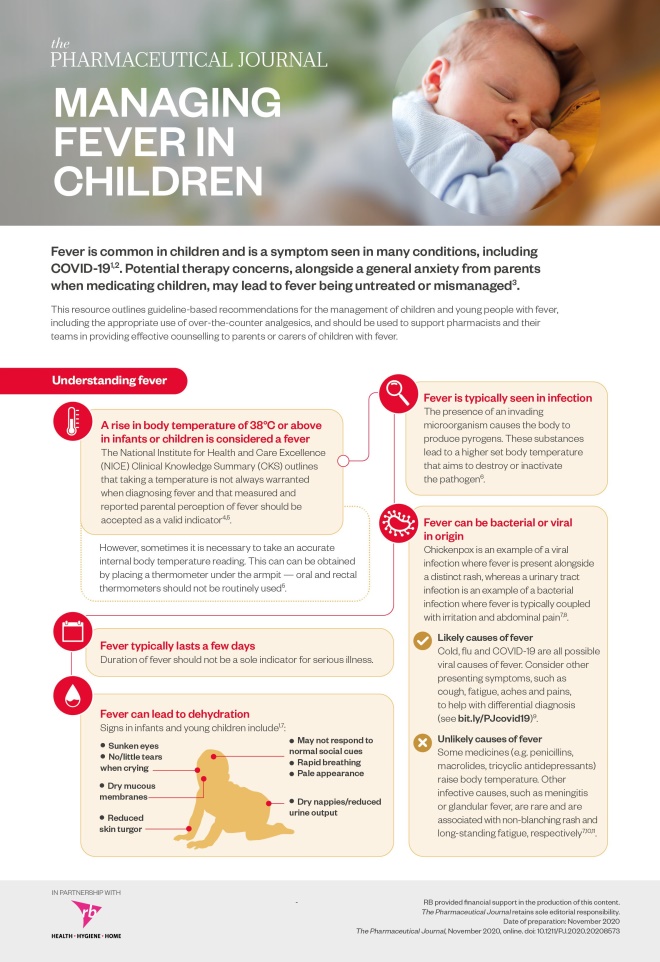
Managing Fever In Children The Pharmaceutical Journal

Pediatrician Says 80 Of Kids Likely Have Coronavirus But They Re So Asymptomatic You D Never Know Cbs News
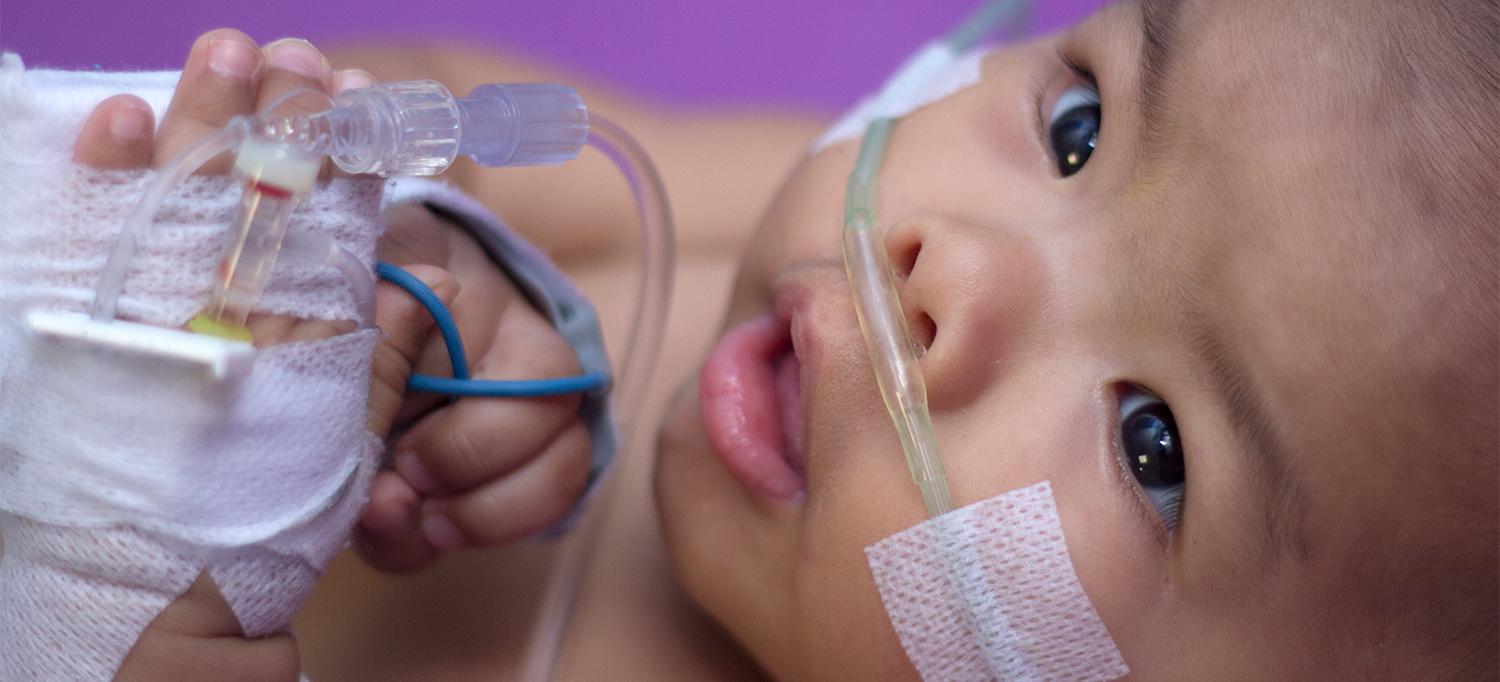
Prevalence Of Covid 19 Among Hospitalized Infants Varies With Levels Of Community Transmission Nyu Langone News

Does Your Child Have Covid 19 Or The Flu Lee Health
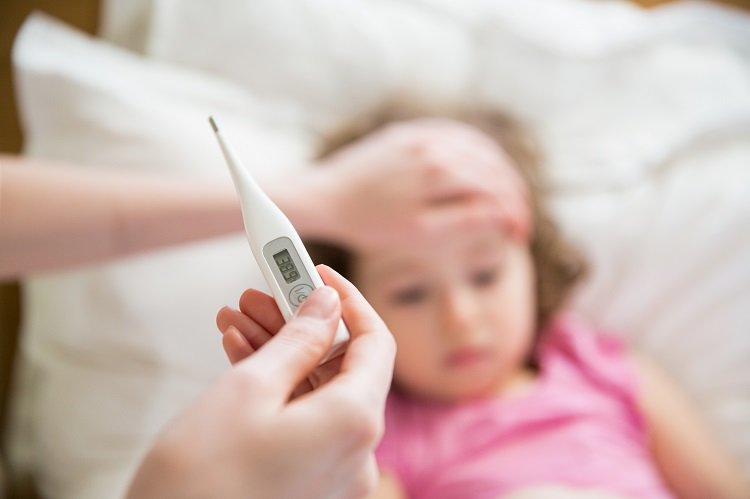
Covid Rash In Kids Know The Warning Signs Of This Illness Edward Elmhurst Health
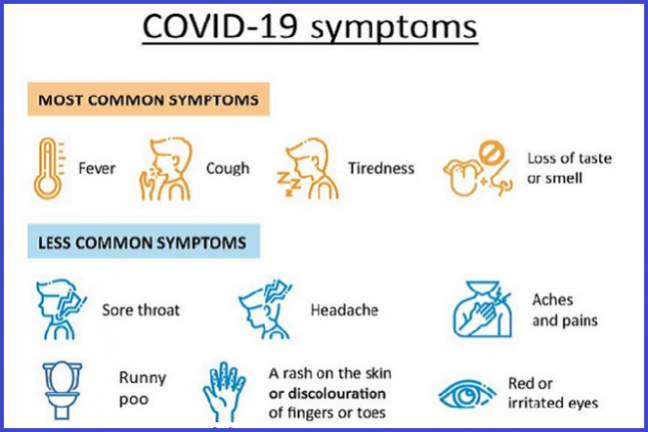
Covid 19 Positive Caring For Your Child At Home Health Navigator Nz

Long Covid In Children Less Frequent And Much More Poorly Understood

Kids And Coronavirus Doctors Discuss Symptoms New Information

Protecting Children And Families From Covid 19 Unicef Indonesia
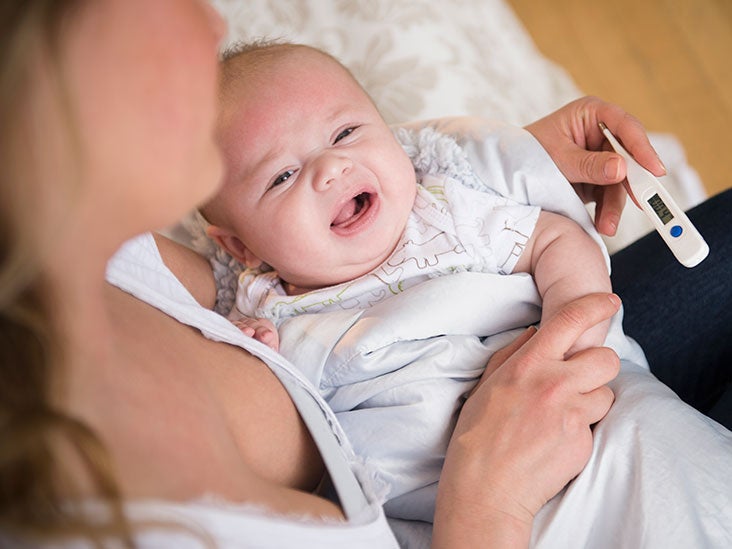
How To Bring Down A Fever In Babies What To Know

Covid 19 Story Tip Youngest Covid 19 Patients Most Likely To Avoid Severe Illness Recover With Care